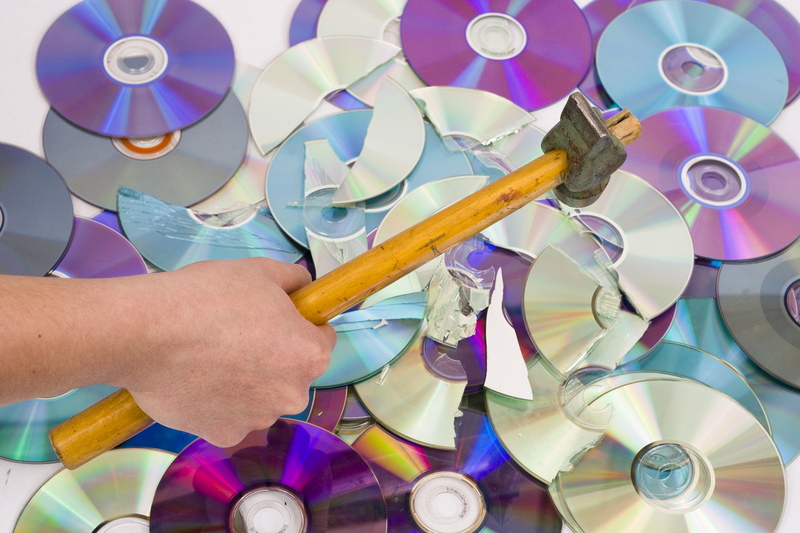Managing Organic Waste the Right Way
Posted on 23/03/2025
Organic waste comprises material that comes from plants or animals and is biodegradable. This includes food scraps, yard trimmings, paper products, and other biodegradable materials. Effective management of organic waste is crucial, not only for environmental sustainability but also for public health and economic efficiency.
The Importance of Managing Organic Waste
Mismanagement of organic waste can lead to harmful environmental impacts, including greenhouse gas emissions, water contamination, and loss of biodiversity. When organic waste degrades in landfills, it releases methane, a potent greenhouse gas. Furthermore, leachate produced from organic waste can pollute groundwater.

Methods of Organic Waste Disposal
There are several effective methods to manage organic waste, each with its own set of benefits and challenges. The most common methods include composting, anaerobic digestion, and vermiculture. Each method can be implemented on various scales, from individual households to large-scale industrial operations.
Composting
Composting is a natural process where microorganisms break down organic materials into a nutrient-rich soil amendment. It can be done in backyard heaps or sophisticated industrial facilities. Proper composting requires a balanced mix of green material (rich in nitrogen) and brown material (rich in carbon), along with adequate aeration and moisture.
Anaerobic Digestion
Anaerobic digestion involves the breakdown of organic waste in an oxygen-free environment to produce biogas and digestate. This method is particularly useful for managing large volumes of organic waste and can be used to generate renewable energy. Anaerobic digestion systems can range from small-scale units for households to large industrial operations.
Vermiculture
Vermiculture, or worm composting, uses certain species of worms to decompose organic waste. The worms consume the organic material and produce castings, which are rich in nutrients and beneficial for soil health. Vermiculture is suitable for small-scale waste management, such as household food scraps and garden waste.
Benefits of Proper Organic Waste Management
Properly managing organic waste offers several benefits:
- Environmental Benefits: Reduces greenhouse gas emissions, improves soil health, and conserves natural resources.
- Economic Benefits: Decreases waste disposal costs, creates opportunities for renewable energy production, and generates economic activity in the recycling market.
- Health Benefits: Minimizes the spread of disease by reducing waste accumulation, and ensures cleaner air and water by preventing pollution.
Challenges in Organic Waste Management
Despite the clear benefits, managing organic waste comes with several challenges:
Contamination
Contamination with non-organic materials can complicate the recycling and composting processes. It is essential to educate the public on proper sorting of organic waste.
Infrastructure
Lack of adequate infrastructure can hinder the effective management of organic waste, particularly in developing regions. Investments in collection and processing facilities are crucial.
Behavioral Change
Changing public behavior and encouraging the proper separation and disposal of organic waste requires continuous education and community engagement.
Role of Government and Policies
Governments play a crucial role in managing organic waste through policy-making, regulation, and providing infrastructure support. Policies such as landfill bans on organic waste, tax incentives for waste management technologies, and public education campaigns can facilitate better waste management practices.

Community Initiatives and Individual Actions
Community involvement and individual actions are equally important in managing organic waste effectively. Community composting programs, waste collection drives, and urban gardening projects help manage organic waste locally. On an individual level, reducing food waste, composting at home, and supporting local waste management initiatives can make a significant impact.
Future of Organic Waste Management
The future of organic waste management lies in innovative technologies and integrated systems that enhance efficiency and sustainability. Emerging solutions like advanced anaerobic digesters, biochar production, and smart waste management systems offer promising avenues for better waste management. Additionally, fostering a circular economy where organic waste is viewed as a resource rather than refuse will be crucial in achieving sustainable waste management goals.
Latest Posts
Resource Efficiency with Polystyrene Recycling
Essential Hacks for a Tidy Home




